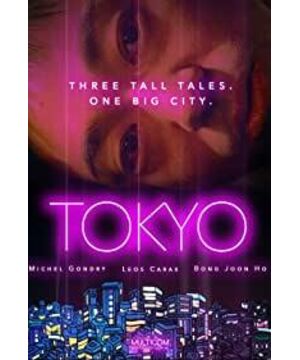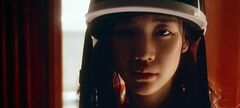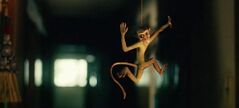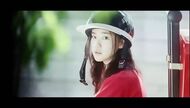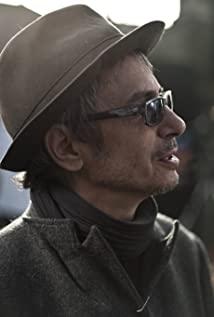What is the name of the character played by Kagawa Teruyuki? There is no account at all in the movie. He is an otaku who hasn't gone out for ten years. His room was clean and spotless, and his belongings were well-organized. Japanese really love cleanliness. The crew spent two truckloads of books in order to arrange the otaku's house. In this story, the otaku does not watch TV, does not surf the Internet, but only reads books. He is very thorough in his house. Those so-called otakus on the Internet are all pediatrics in front of him. Feng Junhao's psychological description of the otaku is very accurate. This is a person who is isolated from the world. He does not work, does not fall in love, and does not communicate with anyone. Only his father's letter can cause some waves in his heart.
The appearance of a girl completely disrupted the otaku's life. The girl is really good-looking, played by Yu Aoi. She is Sora Aoi's younger sister, much thinner than her older sister. Relatively speaking, I prefer Sora Aoi's works. But Yu Aoi's appearance is even better, that is, the clothes are more conservative. (Why do you think of Sora Aoi when you mention Yuu Aoi? Sin!) Yuu Aoi is very suitable for playing the nervous little girl. You see her standing there, beautiful and weak, and you can't help but feel pity, even if you are a wolf, you will immediately be as gentle as a sheep. In short, Yu Aoi, the nameless girl in the movie, encountered an otaku in the process of delivering pizza.
So the story becomes very simple. The otaku fell in love with the neurotic girl. After all, this short film is also a love movie. I thought Bong Joon Ho's intentions were low. His rich shots express complex human nature, but ignore its social nature. Why do otaku stay at home? Is it just personal reasons? If you dig a little deeper, this short film will be too awesome. It's a pity that Feng Junhao stopped at the moment when he was about to make a breakthrough. "Memories of Murder" is only a classic because it is a truthful description of the fucking society at that time. "Shake Tokyo" was too veiled to zoom in successfully. Feng Junhao is Korean after all, and his understanding of Japan is not deep enough.
It is undeniable that the lens language of "Shake Tokyo" is very good. Feng Junhao is a master at controlling the rhythm of the story with the language of the camera. At the beginning, although there is a voiceover, it is the camera image that dominates the narrative. The otaku's room was apparently carefully furnished to look like an installation art gallery. In such an occluded environment, I felt a sense of jumping. When I watched it for the second time, I felt that time passed quickly, and I could find many overlooked details. This movie is worth watching twice at most.
View more about Tokyo! reviews


